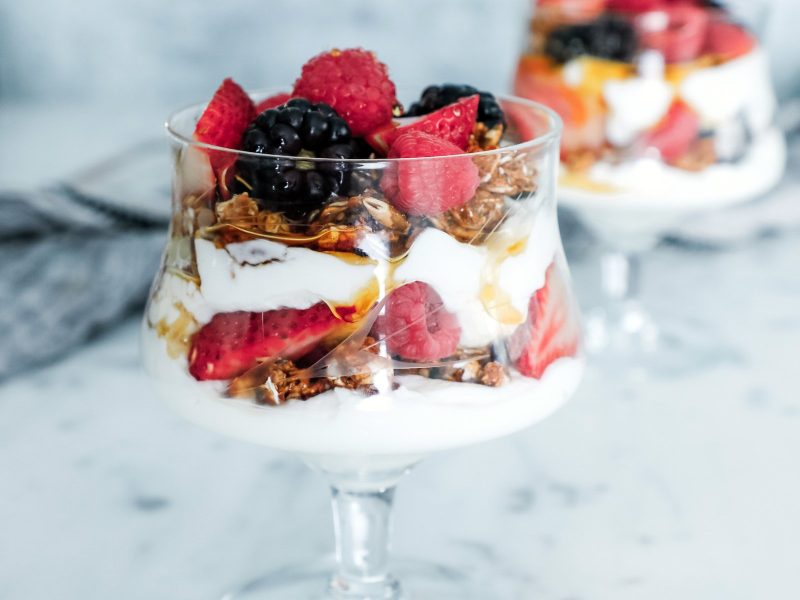Now back to the topic at hand….
Poop. Its something that no-one really
likes to talk about. I talk about it daily – it’s my bread and butter. Why?
Because it is such as great indicator of what is going on inside your body.
Seriously – you could go and spend loads of money on blood tests, saliva tests
or scans (which all have their use and can be valuable), or you could simply
check out what comes out your derriere every once in a while. It is certainly
easier, isn’t it?
I would say ~90% of my clients are
constipated. And I mean really constipated – no pooping for up to 5 days,
sometimes longer! Not only is this bad for your health and a sign that your
health is not ideal, mentally and emotionally this can be quite distressing. As
the bowels fill up, there is likely to be more bloating, gas, cramping and
general discomfort. Not nice at all.
| Admit it. You’ve been there. |
Let’s talk bowels….
And by bowels, I mean your large intestine
(AKA colon). Most nutrients (vitamins, minerals, sugars, amino acids and fatty
acids) and absorbed in the small intestine. As food moves through the large
intestine, water is absorbed from the digested food matter to form waste
products/your stool (fancy term for poop). Peristalsis (nerd speak for muscle
contractions) pushes the poop toward the rectum at which stage it is solid,
because most of the water has been absorbed.
Constipation can be a result of your large
intestine absorbing too much water, or if the muscle contractions are
slow/sluggish, which can cause the stool to move through too slowly, resulting
in dry, hard-to-pass stools.
Not only is constipation uncomfortable and
distressing, but it can cause health problems as products which should be
eliminated on a regular basis (such as hormones and by-products of medications)
may be reabsorbed by the colon, leading to hormonal imbalance and general
toxicity.
So what can be done? Well, quite a few
things are worth a whirl. Give these a try and let me know how you go –
 |
| Image by Happy Zombie via Pinterest |
- Drink more water! I know this sounds very
obvious and not sexy at all, but if you are dehydrated, chances are your poop
will be, too. The general guidelines are ~33mL/kg of body weight. So, for
example, if you weigh 60kg, your water intake should be ~2L/day, maybe more if
you’re sweating your little butt off - Exercise – go for a walk early in the
morning. Physical activity helps to encourage peristalsis of the bowels and get
things moving - Deep belly breathing – start your day
(still lying in bed) by taking 10 breaths deep into your belly. With your hands
on your tummy, feel your abdomen rise and fall with your breath. This will help
to activate your parasympathetic nervous system (AKA your “rest and digest”
system) - Consume fermented foods – foods such as
sauerkraut, beet kvass, kefir, full fat yoghurt and kombucha are fantastic
sources of probiotics and can improve gut function, especially constipation, by
repopulating your gut with beneficial bacteria – start with small amounts and
build up. If you’re not keen on fermented foods, consider a high quality
probiotic supplement - Make sure you eat enough carbohydrates.
This one is two-fold. 1) Your thyroid gland requires carbohydrates/insulin to
convert the inactive to the active form of thyroid hormone. Without sufficient
thyroid hormone, metabolism slows. Constipation is a common symptom of a
sluggish thyroid. Get it checked out, if you are concerned; 2) Carbohydrates
are food for your gut bacteria (prebiotic) – insufficient carbs and you are
essentially starving these little babies in your belly that make up quite a
large proportion of your stool weight - Get your fibre right. Again – pretty obvious,
but there are a few different things you should consider here. 1) Soluble fibre
(found in starchy veggies, such as sweet potato, potato, parsnip etc, as well
as beans/legumes and some fruit) is helpful for providing bulk to the stool and
serves as a pre-biotic; 2) Insoluble fibre (found in non-starchy veggies, such
as broccoli, leafy greens, cauliflower etc) can help push things through,
however too much insoluble fibre can have the reverse effect. So, if you are
constipated and having lots of green smoothies, maybe time to back off a
little; 3) Resistant starch – this is all the rage right now. Resistance starch
is found in potatoes and white rice that have been cooked and cooled for ~24hrs
(or potato starch) and green, unripe bananas. This stuff is great fuel for
nourishing the beneficial bacteria in your gut (another prebiotic) - Drink chamomile tea – this floral delight
can help to relax the smooth muscles of your large intestines, making passing a
bowel motion easier - Don’t hold on! When you need to go, go! If
you hold on, your body gets the message to not go (stating the obvious, I
know), but this can have consequences when you the convenient time for you
rolls around - Try not to rely on colonics. If you’re
really blocked up, 1-2 rounds of colon hydrotherapy may be beneficial to
unblock everything and get the ball rolling. However, too many and you may
become reliant on them to poop. Plus they completely wipe out your beneficial
bacteria. Personally, I’m not a fan, but each to their own - Squat. And I don’t mean with weights
(although you should do that anyway). The ideal position to be in when we are
evacuating our bowels (that sounded professional, didn’t it?) is the squat
position. If you’re all blocked up, you could consider getting a squatty potty.
We aren’t really designed to sit on toilets to poop – it’s just another one of
those conveniences that have turned out to be not-so-convenient - Avoid sugar and processed junk which feeds
the pathogenic (bad) bacteria in your gut, leading to “gut dysbiosis” – a common
symptom of which is constipation - Consume adequate fats – so many of my
clients see resolution in their constipation symptoms once they ditch their low
fat diet and start including nourishing fats such as coconut oil, olive oil,
avocado and butter. Speaking of butter, it can help with the production of
butyric acid, which is beneficial for gut health - Don’t overdo the nuts – these can clog you
up if you have too many (including baked goods containing nut flours) - Have 1tsp of apple cider vinegar 30mins
before meals to help stimulate digestion. Bitters, such as dandelion, mustard
greens and endive can do the same. I like to have a dandelion tea an hour or so
before meals to help get the juices (digestive) flowing - Chew. Your. Food. Seriously. Don’t eat on
the run. Sit down and really chew your food – digestion starts in the mouth –
don’t skip this vital step - Avoid drinking liquids with meals (about
30mins either side of meals, too) – this can dilute stomach acid, which
inhibits optimal digestion and can contribute to constipation - Yoga twists can help massage your internal
organs and encourage peristalsis - Minimise stress – yoga, meditation, deep
belly breathing, not too hard-core on the training side of things - Vitamin C and magnesium can be helpful for
poop problems. I find magnesium especially helpful as it helps to relax the
smooth muscle (and helps with sleep!) - Senna tea. I remember the first time I had
senna tea (“Ballerina Tea”). Holy shit! (no pun intended). This stuff works,
but it’s not exactly the nicest experience. It is a natural laxative – use only
if really necessary and only for short-term. And be sure you have access to a
bathroom for ~24hrs following consumption - Remove foods that you think you may be
intolerant too – this might be dairy, gluten, grains, legumes, eggs, nuts,
FODMAPS….something to think about but don’t do it all at once, or alone for
that matter – get help from a health professional to make sure you are still
consuming adequate nutrition
GOOD LUCK!!
 |
| Image by Sonja McDaniel via Pinterest |


